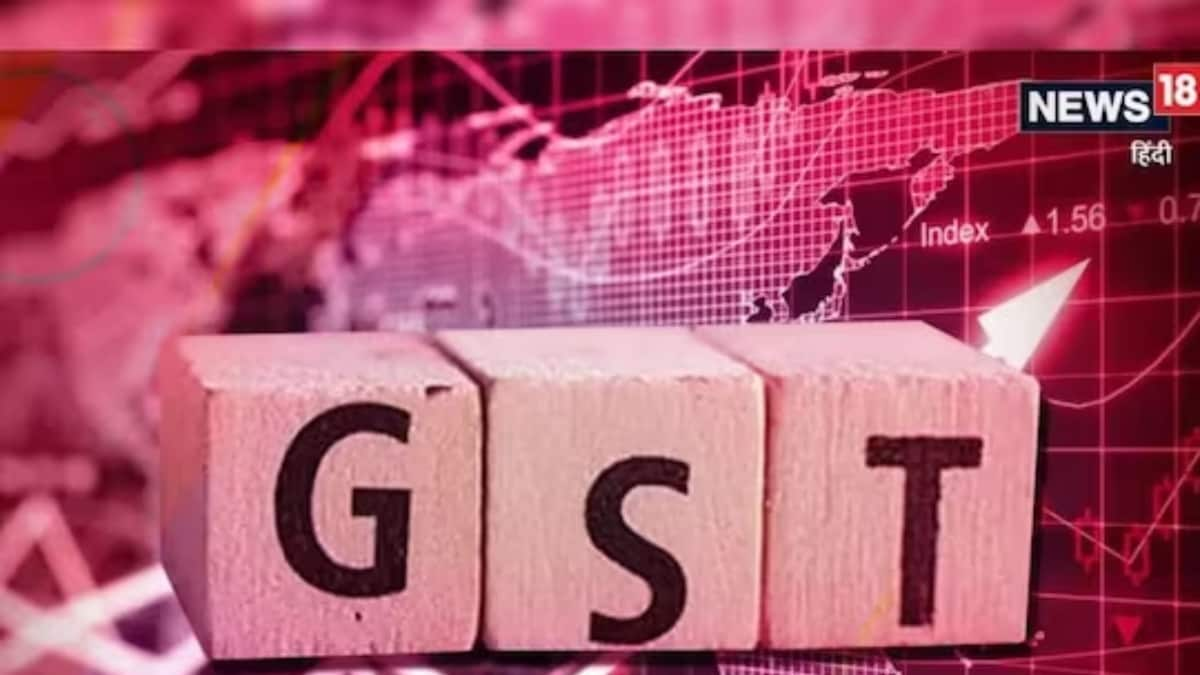GST Marks Sixth Anniversary With Impressive Monthly Revenue Of 1.5 Lakh Crore – News18

In April 2023, the revenue reached Rs 1.87 lakh crore.
Implemented across the nation on July 1, 2017, GST encompasses 17 local levies such as service tax, VAT, excise duty, and 13 cesses.
As Goods and Service Tax (GST) approaches its six-year milestone this July, the tax reform continues to leave a significant imprint on India’s indirect tax structure. Since its implementation, GST has not only facilitated a major shift in the taxation system but has also bolstered tax revenues for both the Central and State governments. With monthly revenue now reaching an impressive Rs 1.5 lakh crore, GST has firmly established itself as a vital contributor to the nation’s finances.
Despite its success, GST has not been immune to challenges posed by fraudulent activities. Over the years, various fraudsters have attempted to devise new models to exploit the system, potentially causing financial losses. To combat this issue, authorities have turned to modern technologies such as artificial intelligence, machine learning, and data analytics. By leveraging these advanced tools, authorities aim to identify and apprehend these groups involved in fraudulent practices, ensuring the integrity and effectiveness of the GST framework.
In July 2017, Rs 3 lakh crore had been evaded through fraudulent means, followed by Rs 1 lakh crore from the fiscal year 2022-23 only. Global Trade Research Initiative (GTRI) stated that the system needs to be upgraded to prevent fake supplies and fraud claims regarding Input Tax Credit (ITC).
“Data analysis and physical checks cannot solve the problem entirely.” The GSTN should allow buyers to integrate invoice-level information filed for ITC claims (from GSTR 3B) with the information given by input suppliers (GSTR 2A and GSTR 2B).” stated Ajay Shrivastava, Founder of GTRI.
The problem he stated is that even after 6 years, GSTN is unable to connect to the supplies in the value chain. This is leading to loss of revenues and also causing issues for those running honest businesses.
Decisions on issues like imposing GST on petrol, diesel, and ATF, rationalization of slabs, and tax rates are still pending. According to experts, the GST council should make reforms so that GST becomes exclusive. Though it is predicted as an election year, the Central and the State will go for these reforms.
“Some of the areas on which the industry expects more clarity from the GST Council and should be prioritized include the levy/applicability of GST on Winnings from Online Gaming; transactions involving cryptocurrency; EV charging infrastructure, and the establishment of GST Appellate Tribunals.” stated Tanushree Roy, Director (Indirect Tax), Nangia Andersen India.
Roy also mentioned that there is little possibility of the Government making any significant decisions, especially with the elections approaching. Since September 2016, the GST Council, chaired by the Union Finance Minister, has conducted 49 meetings.
The nationwide implementation of GST commenced on July 1, 2017, establishing it as the apex body responsible for policy decisions and determining GST rates. This comprehensive tax reform consolidated 17 local levies, including service tax, VAT, excise duty, and 13 cesses. Notably, in April 2023, the revenue surged to 1.87 lakh crore, showing a steady increase compared to the initial range of Rs 85,000 to Rs 95,000. Officials are closely monitoring fraudulent activities in light of this consistent revenue growth.
For all the latest business News Click Here

